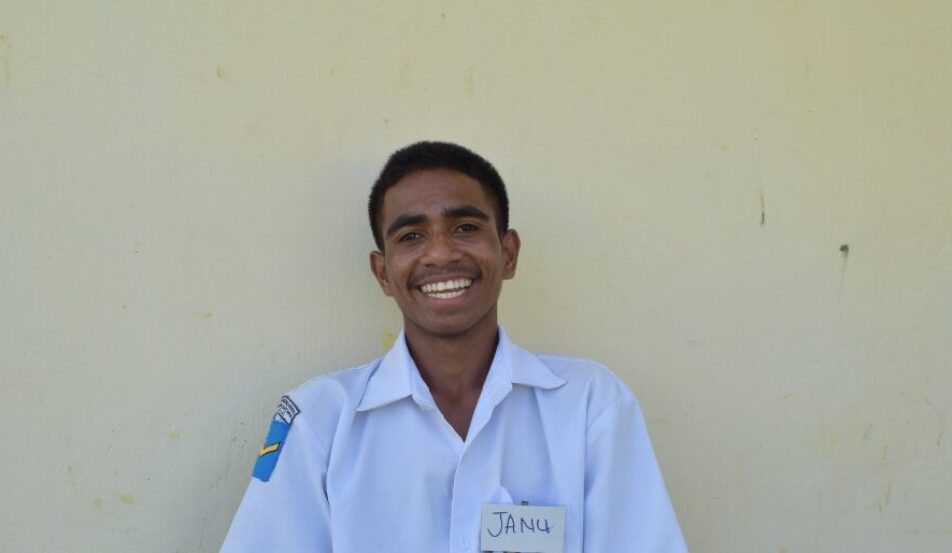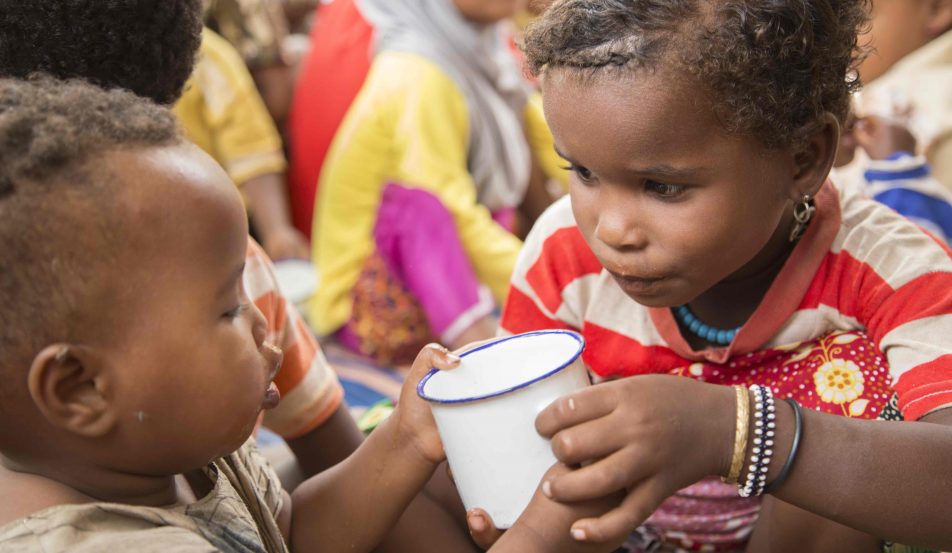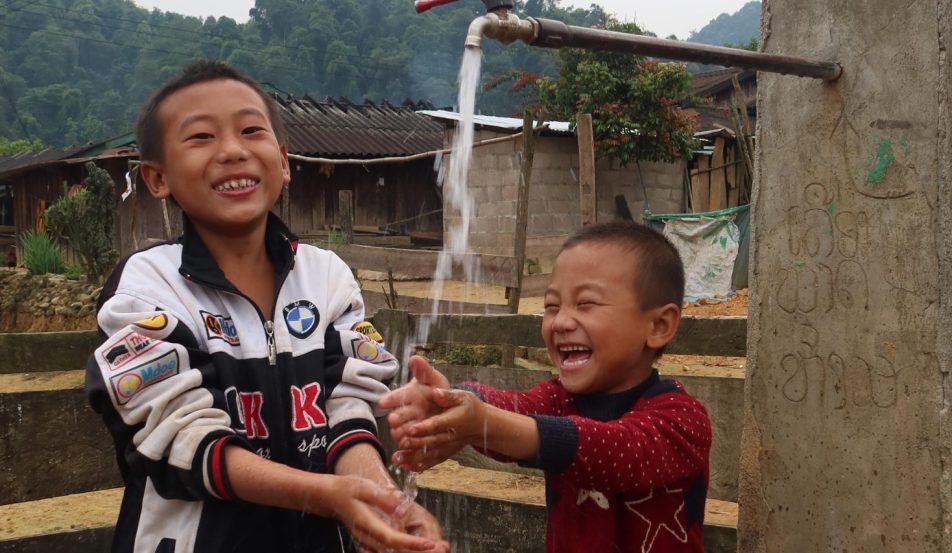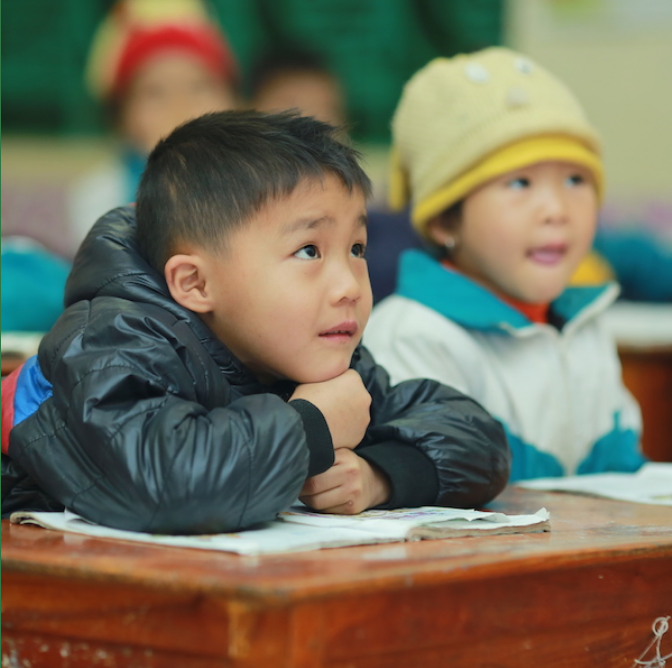World Water Day: keeping children healthy
Water is life. Without this most basic necessity, people cannot survive. When access to water is difficult, time and productivity – and educational opportunities – are lost. When water isn’t clean, children and families are at risk of illness and death.
With World Water Day coming up, we thought we’d take a moment to pause and reflect on the ChildFund projects that are working towards equal access to clean water and proper sanitation.
What is World Water Day and when is it celebrated?
Celebrated every 22 March since its ratification by the United Nations in 1992, World Water Day aims to raise awareness around water’s fundamental role in development. Promoting access to clean water, sanitation and hygiene is a central component of ChildFund’s ongoing work in developing countries.
Launching a water, sanitation and hygiene project in Timor-Leste
In Maliana district, in the western part of Timor-Leste, lack of access to clean water and sanitation is a typical concern expressed by communities. In a country where health services are often inadequate, and infant and child mortality rates are high, prevention of waterborne disease such as diarrhoea is key to improving children’s health.ChildFund Timor-Leste, working with its local partner Hamutuk, is undertaking a water, sanitation and hygiene project in Goulolo village, Maliana.
How does unclean and unsafe water affect life in a rural village?
Before the water project commenced in Goulolo, diarrhoea was prevalent in half of all children under five years of age. Villagers typically had to walk between 1-3km to the nearest water source, a river, for their household and hygiene needs.
Laundry and washing was done on the river bank, while water for cooking and household consumption was carried back in plastic containers, usually by children. The water wasn’t clean enough to drink, and needed to be boiled so that children and their families could avoid becoming ill.
What did our water, sanitation and hygiene project achieve for the community?
The project takes a two-pronged approach. This includes improving water and sanitation facilities and providing health education. Three water wells, including areas for washing and laundry, have already been constructed. The second phase of the project involves the construction of community sanitation facilities, and training parents and children in the community about diarrhoea prevention and hygiene practices.
Now, children and their family members no longer have to carry water so far, or carry their laundry to the river bank. Better still, the water is clean and can be drunk straight from the well.
Eight-year-old Angelina is happy to be able to drink fresh water without first having to fetch it and wait for her mother to boil it. She and her friends have also learned that washing their hands “will stop us from getting sick”.
Donate this World Water Day and help us change lives around the world
Promoting access to clean water, sanitation and hygiene is a central component of ChildFund’s ongoing work in developing countries. We believe that everyone around the world should have access to clean water and sanitation.
Give the gift of clean water to those in need by donating two water filters which will provide two households with access to clean drinking water. Or you can donate a water tank and provide a whole community with access to clean water.
Don’t wait for World Water Day to help a community in need. Donate now.






